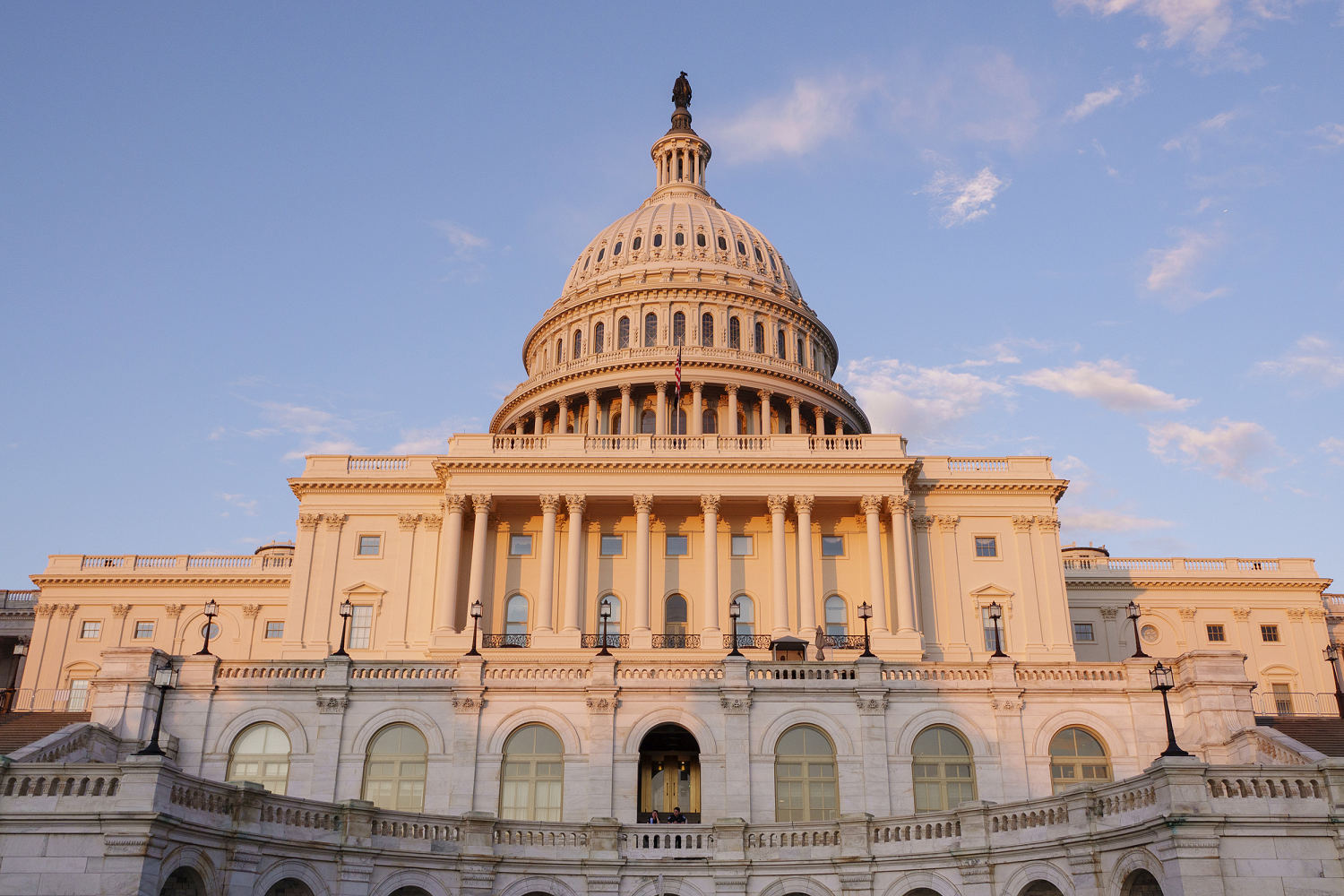Iran’s top nuclear scientist was driving to his country house with his wife on an autumn day four years ago. As he slowed down for a speed bump, a remote-controlled machine gun mounted on a nearby pick-up truck fired a volley of bullets, killing him instantly, Iranian authorities said.
The assassination of Mohsen Fakhrizadeh, the architect of a dormant nuclear weapons project known as Project Amad, illustrated in brutal fashion how deeply Israel had penetrated Iran. That vulnerability has only been exposed further in recent weeks, with Israeli air strikes killing several other scientists believed to be involved in Iran’s nuclear work.
Iran’s political leaders now face a dilemma. After the heavy U.S. bombing of their nuclear sites and air defenses, they can strike a painful compromise with Washington and abandon their uranium enrichment program, or revive the secret weapons project masterminded by Fakhrizadeh.

Unlike other countries that were able to develop nuclear weapons in secret, Iran cannot assume it will be able to keep its work hidden. Israel has demonstrated repeatedly it can evade Iran’s security, uncover its clandestine nuclear activities and hunt down senior figures in the military, former intelligence officials and experts said.
“Iran’s principal challenge in pursuing a covert pathway is going to be keeping it hidden from U.S. and Israeli detection,” said Eric Brewer, a former intelligence official now with the Nuclear Threat Initiative, a nonprofit focusing on global security.
“That’s the key challenge, because both countries, particularly Israel, have demonstrated an ability to penetrate Iran’s nuclear program,” he added. “And Israel has demonstrated an ability to use kinetic force to take it out.”
The Israeli air force has effectively wiped out Iran’s air defenses. For the moment, Iran cannot protect any target on its territory — especially suspected nuclear sites — from a U.S. or Israeli bombing raid, former intelligence officials said.
“The Israelis have complete intelligence dominance over Iran,” said Marc Polymeropoulos, a former career CIA officer and now a senior fellow at the Atlantic Council.
“If they see something emanating as a threat, they will take it out. . .That could mean military strikes. It could be covert action.”
Iran has already tried once to build an atomic bomb under the veil of secrecy. It had a covert nuclear weapons project more than two decades ago, according to Western intelligence agencies.
But its cover was blown in December 2002, when satellite photos emerged showing an enrichment site in the city of Natanz and a heavy water plant about 200 miles away in Arak.
Iran has denied it ever had a weapons program. Archival documents stolen in 2018 by Israel’s Mossad spy agency, which the U.S. says are authentic, showed detailed plans to build five nuclear weapons.
According to U.S. intelligence agencies, Iran abandoned its nuclear weapons project in 2003. At that point, the secrecy around the project had been breached and Iran had reason to be anxious in the wake of a U.S. invasion in neighboring Iraq.
Since then, Iran maintained what it said was a civilian nuclear program. Iran’s uranium enrichment and other nuclear work gave Tehran the potential option to pursue an eventual weapon if it chose to go that route – what arms control experts call a “threshold” nuclear capability.
Stolen blueprints
If the regime chooses to race towards a bomb, it will be calculating that nuclear weapons will discourage any adversary from trying to stage an attack or topple its leadership. And it would be following a familiar path taken by other countries that successfully pursued secret bomb projects, including North Korea, Pakistan, India and Israel.
The Israeli government kept the Americans in the dark about their nuclear weapons project for years.
In the 1950s, French engineers helped Israel build a nuclear reactor and a secret reprocessing plant to separate plutonium from spent reactor fuel. Israel’s government to this day does not officially confirm or deny its nuclear arsenal, saying it will not be the first to “introduce” nuclear weapons in the Middle East.
India’s nuclear program also began in the 1950s, with the United States and Canada providing nuclear reactors and nuclear fuel for purely peaceful purposes. India agreed to safeguards designed to prevent the reactors and fuel from being used for weapons.
But India secretly reprocessed spent fuel into plutonium in the 1960s, building up fissile material for a nuclear weapon. By 1974, India carried out its first nuclear test, code-named Smiling Buddha.
Pakistan built its bomb with the help of nuclear scientist A.Q. Khan, a metallurgist who stole blueprints and other information on advanced centrifuges while working at a nuclear engineering firm in Amsterdam. Khan later was linked with distributing nuclear weapons technology to Iran and North Korea among others.
Khan’s assistance in the 1990s proved crucial for North Korea’s program. The Pyongyang regime also bought technology and hardware abroad through front companies or on the black market, according to U.N. monitors.
It was America that helped Iran launch its nuclear program, before the 1979 revolution that toppled the monarchy. During the Shah’s rule, through the U.S. “Atoms for Peace Program,” the United States provided nuclear technology, fuel, training and equipment to Iran in the 1960s, including a research reactor.
Now Iran likely has no need to turn to outside partners for technical know-how, experts say. Still, the regime will have a daunting task reconstituting whatever is left of its nuclear program.
Every known nuclear site in Iran was targeted in Israel’s air campaign earlier this month. And then last week the U.S. launched an attack on three enrichment sites using 14 “bunker buster” 30,000-pound bombs and more than a dozen Tomahawk missiles. The CIA says key facilities were destroyed and the nuclear program was “severely damaged” in the strikes.
Despite the unprecedented damage, which is still being assessed, it’s possible Iran may have the technical means to relaunch a weapons program – including enriched uranium, centrifuges and access to tunnels or other underground sites, some arms control experts say.
Iran’s entire stockpile of highly enriched uranium has yet to be accounted for, and it has an unknown number of centrifuges in storage that were not located at the sites bombed by Israel, NBC News has reported.
Iran’s most significant technical obstacle, however, could be producing uranium metal. Iran only had one known site where it could convert uranium into a solid metal state, and Israeli air strikes destroyed it in Isfahan.
Iran would not be able to produce a nuclear weapon without such a facility, and it’s unclear if the regime has a secret uranium metal product plant elsewhere.
Technical hurdles aside, the decision whether to build a nuclear bomb ultimately will be shaped by political considerations rather than technology or logistics, according to Jeffrey Lewis, an arms control expert at the Middlebury Institute of International Studies.
“It really is a political decision not a technical one,” Lewis said. “They still have a lot of capability left.”
After coming under a withering aerial assault that demonstrated Israel’s air superiority, Iran may view nuclear weapons as the only way to defend itself and preserve the regime’s survival, according to Marvin Weinbaum, a senior fellow at the Middle East Institute think tank and a professor at the University of Illinois.
“Iran has every reason now, based on what’s just happened, to say we’ve got to have a bomb, [and] we’ll be treated differently if we do,” Weinbaum said.
Officials in Iran’s regime have long debated whether to develop nuclear weapons, and its policy over the past two decades appeared to strike a compromise, giving Tehran the option to go nuclear if circumstances required. The question for Iranian officials is whether nuclear weapons will help ensure the regime’s survival or endanger its grip on power, regional analysts said.
Looming over Iran’s decision is the threat of Israeli espionage and air power, potentially catching Tehran in the act of rushing to produce a bomb.
“It will be interesting to see whether the regime buckles down and gets serious about it, or whether their operational security remains as terrible as ever,” Lewis said. “They have been so careless.”
President Donald Trump’s special envoy Steve Witkoff is due to hold talks on a possible agreement with Iran in coming days to try to halt its uranium enrichment in return for sanctions relief.
Meanwhile, American and Israeli spy agencies “will be laser focused on trying to see what Iran is doing behind the scenes,” Polymeropoulos said.

































































